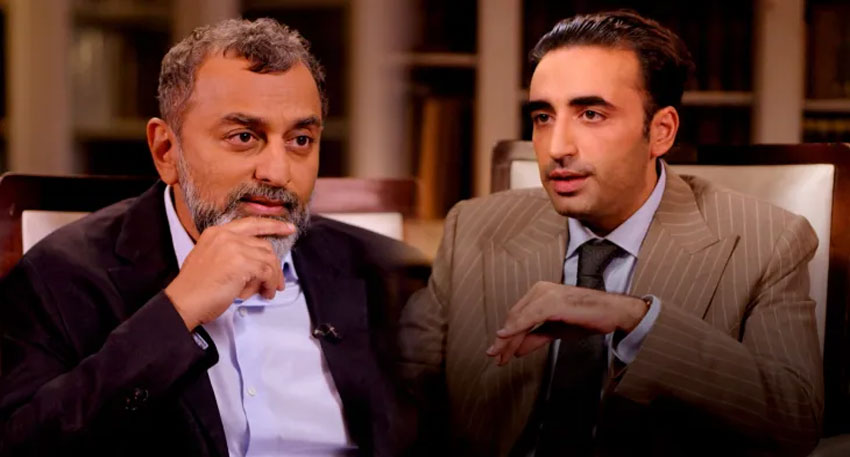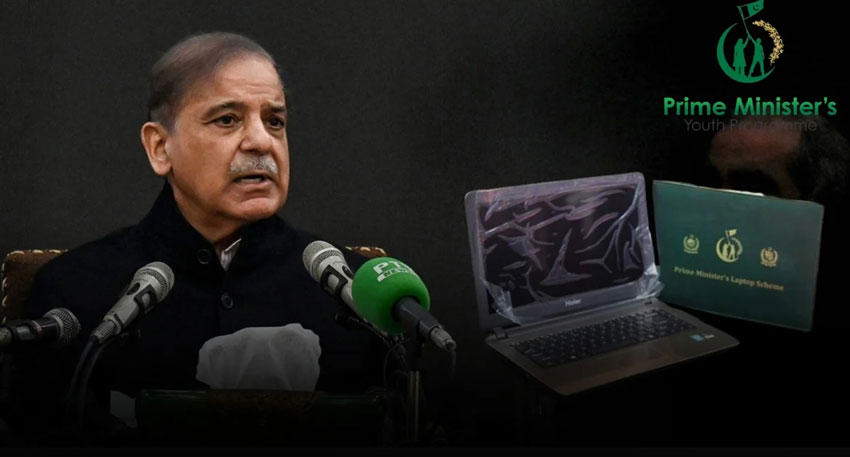
In a hard-hitting interview with Al Jazeera, Pakistan Peoples Party Chairman and former Foreign Minister Bilawal Bhutto Zardari voiced serious concern over India’s shifting posture towards Pakistan, calling it a "new abnormal" that threatens regional stability. He warned that India s recent approach of responding to any perceived provocation with military escalation could lead to dangerous consequences for South Asia.
Speaking on The Red Line segment, Bilawal firmly rejected allegations that Pakistan harbors militant groups involved in attacks against India. “That era is over,” he said. “Pakistan no longer allows any non-state actors to operate from its soil against any country.” He emphasized that this shift in policy must be recognized by the international community, particularly India.
On the sensitive issue of extradition, Bilawal stated that Pakistan is open to cooperating on individuals of concern, such as Hafiz Saeed or Masood Azhar, but stressed that any such action must be reciprocal. “We cannot have one-sided cooperation,” he said, noting that India too must show sincerity if it wants to move forward.
Bilawal Bhutto defends calling Modi the ‘Temu version of Netanyahu’. He even reiterates that Modi is ‘Butcher of Gujrat’ and he is trying to be ‘Butcher of Kashmir’ and ‘Butcher of Indus Valley’ and he has earned these titles by himself.
Pakistan People’s Party chairman Bilawal Bhutto Zardari defends calling Narendra Modi a ‘Temu version of Netanyahu’ and ‘the butcher of Gujarat’ on The New Red Line with Sreenivasan Jain.
— Al Jazeera English (@AJEnglish) July 7, 2025
Watch the full interview ▶️ https://t.co/0rF7Qqby76 pic.twitter.com/hHnk5JlLfS
Reiterating Pakistan’s desire for lasting peace, Bilawal stressed that dialogue, not confrontation, is the only sustainable path forward. “The people of both countries deserve peace, progress, and prosperity, not another cycle of war,” he said. He called for a shift in priorities, urging both governments to focus on fighting poverty, climate change, and extremism rather than each other.
The interview comes at a time of heightened tensions between the two nuclear-armed neighbors following the Pahalgam attack in April. Pakistan has repeatedly denied any involvement in the incident and has called for a joint investigation, but India has refused engagement.
Bilawal’s remarks reflect Pakistan’s evolving foreign policy narrative, one that emphasizes accountability, mutual respect, and regional cooperation, while pushing back against what Islamabad sees as India’s increasingly unilateral and aggressive doctrine.




